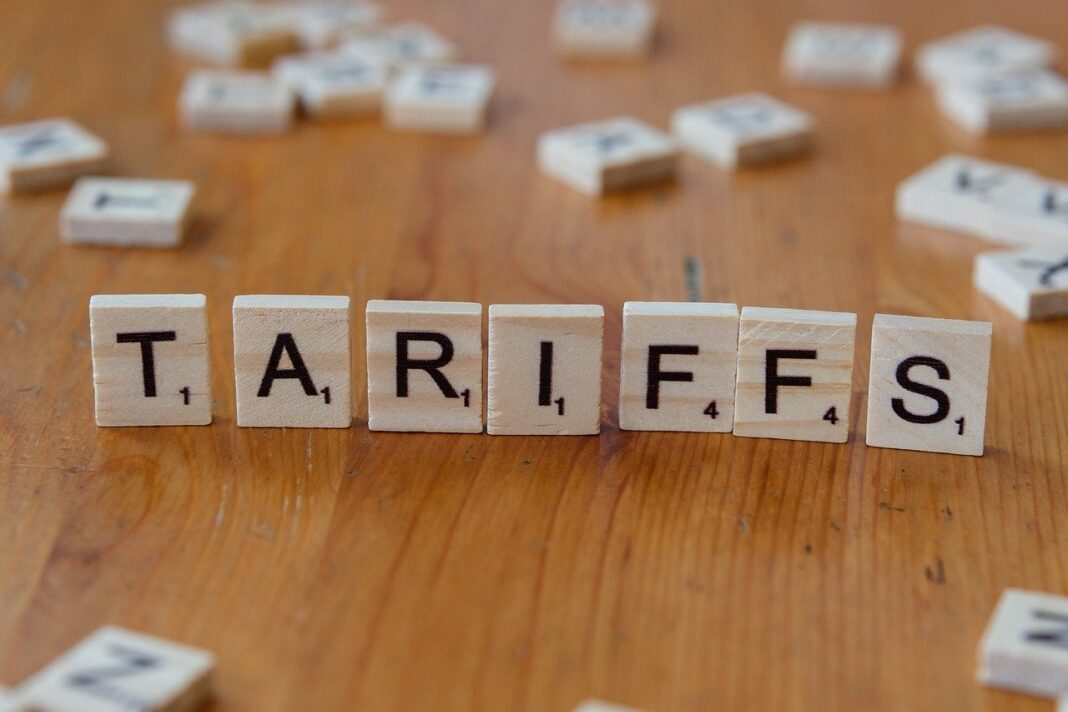President Donald Trump’s public approval has fallen to its lowest level since returning to office, according to a series of national polls released in late August. The data shows growing dissatisfaction among key voting blocs—including independents, young voters, and Hispanics—raising new questions about his political standing ahead of the 2026 midterm elections.
A Quinnipiac University poll published on August 27 recorded Trump’s approval at 37%, with 55% disapproving of his performance. The 18-point deficit is the largest of his second term and represents a 21-point drop from where he began his term in January 2025. This marks the lowest rating recorded by Quinnipiac since January 2021.
A Reuters/Ipsos survey conducted August 12–18 found Trump’s approval holding at 40%, tying the lowest level of his second term. Approval among Hispanic voters stood at just 32%, indicating a sharp decline in support from a key demographic group. The same poll highlighted concerns over economic management and immigration policy.
A Gallup poll published in mid-August showed 40% approval overall, with especially deep partisan division: 93% of Republicans expressed approval, compared to just 1% of Democrats. The poll also showed only 29% of independents approved of Trump’s job performance, down from 35% earlier this year. That figure is among the lowest Gallup has ever recorded for an incumbent president among independent voters.
Trump also scored 37% approval on the economy and 39% on foreign affairs in Gallup’s latest issue-specific ratings.
Polls also show declining support among younger voters, particularly Generation Z. A recent YouGov/The Economist poll reported that only 28% of Gen Z respondents held a favorable view of Trump—down sharply from earlier in the term. Analysts attribute the shift to a mix of economic uncertainty, social media backlash, and lingering legal controversies tied to Trump associates.
Polls also show declining support among younger voters, particularly Generation Z. A recent YouGov/The Economist poll reported that only 28% of Gen Z respondents held a favorable view of Trump—down sharply from earlier in the term. Analysts attribute the shift to a mix of economic uncertainty, social media backlash, and lingering legal controversies tied to Trump associates.
Despite the data, Trump has dismissed the recent polling as inaccurate. On Truth Social, the president claimed he is seeing internal numbers in the “high 60s and low 70s,” though no independent polls have supported that statement. Florida Representative Byron Donalds echoed similar sentiments in a Fox News interview, calling Trump’s approval “record high”—a claim not backed by national data.
Despite the data, Trump has dismissed the recent polling as inaccurate. On Truth Social, the president claimed he is seeing internal numbers in the “high 60s and low 70s,” though no independent polls have supported that statement. Florida Representative Byron Donalds echoed similar sentiments in a Fox News interview, calling Trump’s approval “record high”—a claim not backed by national data.
The declining approval ratings come at a politically sensitive moment, as the administration prepares for the 2026 midterm elections. Analysts warn that the erosion of support among independents and younger voters could put Republican control of the House at risk.
CNN political analyst Harry Enten described the polling trend as “toxic” for the GOP and emphasized that a weak national image could impact turnout and competitive races in battleground districts.




